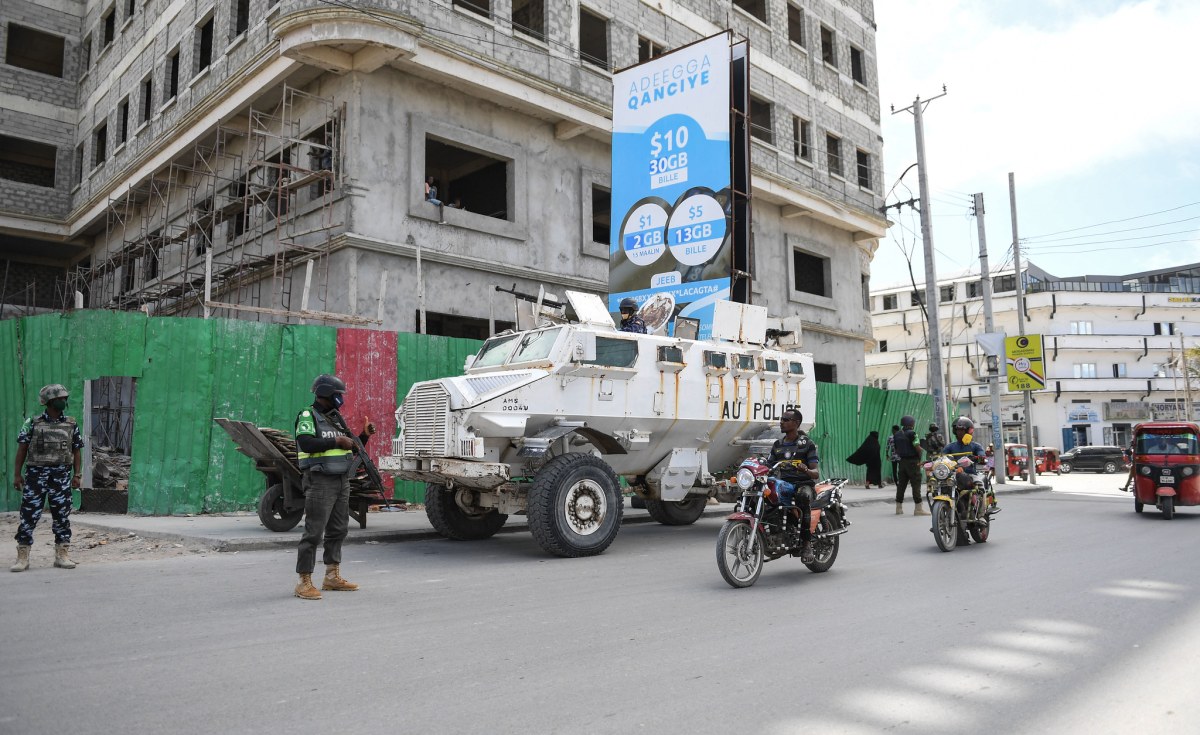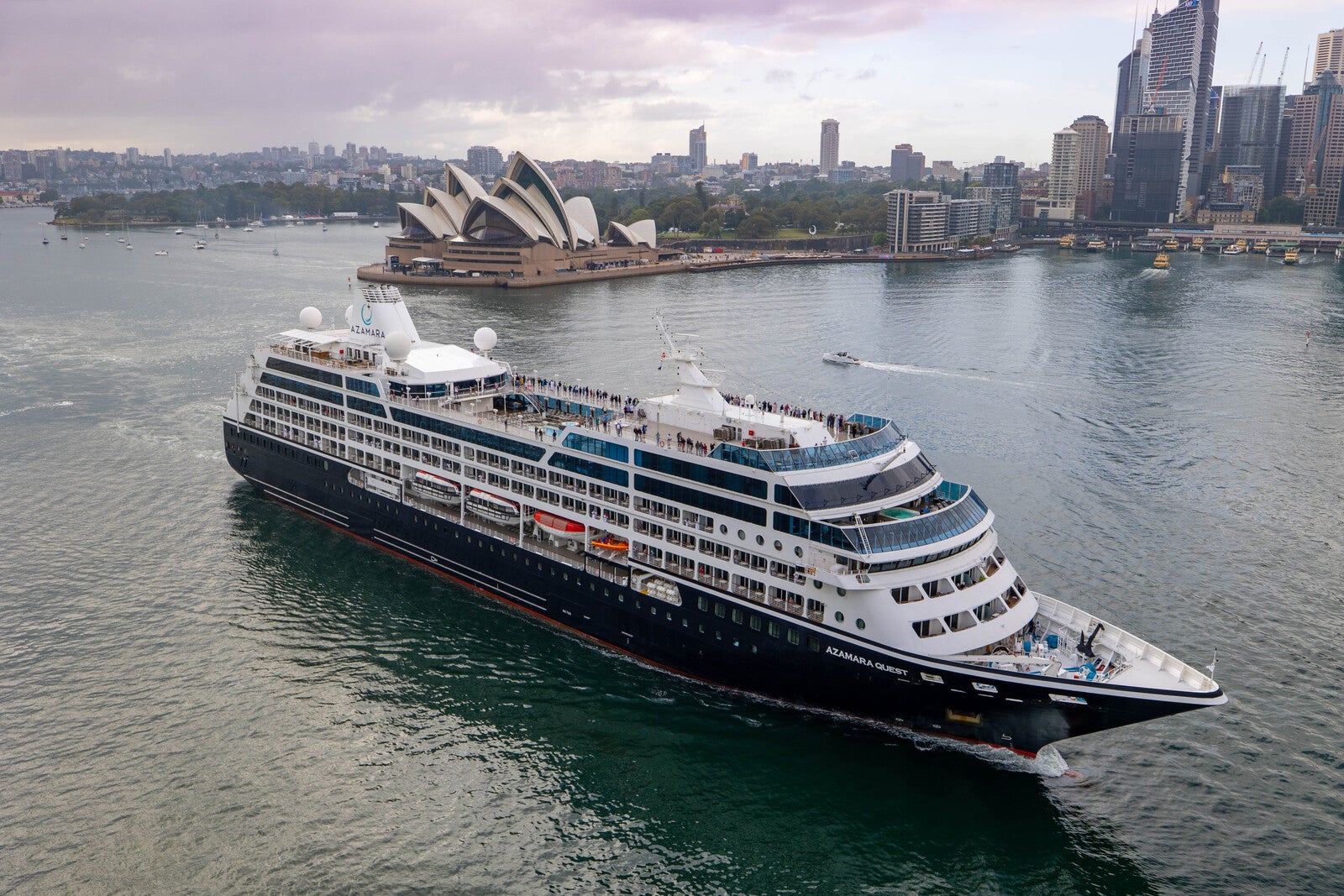While the ANC’s revamped leadership now appears to finally have a clear mandate to get down to work, the clock is ticking to next year’s national and provincial elections — in a country that is going through multiple emergencies, where people are signalling strong and deep dissatisfaction with the ruling party’s almost three-decade-long custodianship of the country.
This is a daunting set of challenges for any party, even one whose leadership may finally feel there’s more manoeuvring space. Should President Cyril Ramaphosa’s new majority actually use this mandate, it could institute interventions whose time is long overdue.
This year appears to be the last chance for the ANC to attempt to do anything real. Its leaders will have to grasp the stinging nettle of difficult moves, most of which will alienate parts of its very broad constituency.
With the dust finally settling on the ANC’s 55th national conference, following its final conclusion on Friday morning, there is now ample evidence that Ramaphosa has a stronger mandate to actually govern.
The National Executive Committee (NEC) appears to be less divided than before, and those who are seen as obviously supporting what used to be called the “RET faction” are fewer in number. In the top seven national officials, Ramaphosa also appears to, at least for now, have a stronger hand. (By Daily Maverick’s calculations, 57 of the 80 members of the NEC are now in his camp.)
Crucial to this is the position of secretary-general, occupied now by the ever-energetic Fikile Mbalula — the man who has been vocal about his support for Ramaphosa for years now.
Also, the margin of the President’s victory over Zweli Mkhize was much more comfortable than his victory five years ago (579 vs 179), when he was just able to prevail against Dr Nkosazana Dlamini Zuma.
There is also the behaviour of those who supported Mkhize that appears to support the picture of Ramaphosa’s strength. While the KwaZulu-Natal ANC delegates were bullish about Mkhize’s prospects all the way to the results announcement, they were also uncharacteristically quick to accept defeat — a critically important move to endorse Ramaphosa’s re-election.
This may mean that he does not face the kind of sniping that he suffered from the very start of his first term as leader.
It could also explain Ramaphosa’s confidence during his January 8th address on Sunday that the “renewal of the ANC is unstoppable”.
And of course, there is the decision by the conference late on Thursday night to continue to implement the “step-aside” resolution, providing crucial continuity to probably the most important NEC decision of Ramaphosa’s first term.
Tough questions await
But there are now several tough questions that need to be answered in the coming days and months.
The important one surely is whether Ramaphosa will — and if so, how — use this newly strengthened mandate.
The first clue to this question is likely to be a Cabinet reshuffle.
Ramaphosa does not really face a choice in doing something, as Mbalula will be required at Luthuli House full-time and will not be returning as minister of transport. The new deputy ANC leader, Paul Mashatile, has already hinted he would like to go into government, presumably to replace David Mabuza as deputy president.
There is likely to be pressure from Ramaphosa’s supporters, and perhaps broader parts of the ANC, to act against Tourism Minister Lindiwe Sisulu, who made a point of spending the entire 2022 defying her President.
Even more pressing will be the question of what to do with Cogta Minister Dlamini Zuma. She defied not only Ramaphosa, but also the ANC by publicly voting against the party line in Parliament over the Phala Phala inquiry.
If Ramaphosa does not act against her, it could well inspire others to defy, and continue to defy, his authority in the future. One thing is certain: should he not act, many will understand that he still does not have what it takes to properly lead the party.
Another complicated situation exists in the office of the secretary-general. Both Mbalula and his first deputy, Nomvula Mokonyane, are strong personalities, while Maropene Ramokgopa as second deputy is relatively new to top leadership in the party.
How these three people work together could be crucial to the party’s future.
While Mokonyane and Mbalula have long track records in the ANC and have led election campaigns in the past, they also have difficult histories in government which will inevitably raise questions about their competence.
If this office fails, the ANC as a movement could be in real trouble.
That said, on balance, it seems likely that the secretary-general’s office is on stronger ground than it was before the conference, if only because there will actually be people in the office, after Ace Magashule was suspended for most of his term and Jessie Duarte died.
Huge organisational problems
However, there are other huge organisational problems to be dealt with.
The ANC’s national conference was adjourned last year in an unprecedented fashion. The reasons given were the delays in registering delegates, the weather, and that some delegates had already left.
Then, during the second part of the conference last week, there were not enough delegates present to form a quorum to allow a vote to change the ANC’s constitution.
This does not appear to make sense. Just five years before, in 2017, the conference ended early in the morning of the day after it was scheduled to close, because of the long debates around the issue of expropriation without compensation.
Why would delegates stay late into the morning hours then, but leave early now? Even people selected by branches to be their voice in crucial policy discussions didn’t feel the need to remain.
This must be another sign of the ANC’s problems at branch level.
Then there are the problems that both Ramaphosa and the ANC will face this year, which could be defined by rolling blackouts.
At the ANC’s Conference Declaration last week, delegates said:
“The ANC-led government must move decisively to implement conference resolutions to end load shedding and stabilise electricity supply. Priority must be given to speeding up the resolution of the energy crisis, in particular undertaking critical maintenance at Eskom so we return existing generation capacity to reliable service.”
On Sunday, Ramaphosa said it was important to stop the sabotage at Eskom, and that the ANC would lead a campaign against illegal connections.
But this does not necessarily provide any direction, or bring the nation any closer to a solution.
During the conference, delegates heard from several experts in the field.
One was Professor Sampson Mamphweli, who has generally argued in favour of renewables.
Visit Daily Maverick’s home page for more news, analysis and investigations
Another was Jacob Maroga. He tried and failed to remain as Eskom CEO in 2009 after it was reported he had promised to resign. While he does not appear to be dogmatic on the issue, some of his recent tweets may be interpreted to suggest support for some fossil fuels.
The declaration also says:
“We must transform and grow the economy so that it creates jobs and empowers Africans in particular and blacks in general, particularly the youth, women and people who live in townships and rural areas. We must introduce new measures to cut red tape and ensure small enterprises, co-operatives and informal businesses, particularly those owned by women and young people, have effective means of raising finances, and accessing markets.”
But this has been said many times before. Ramaphosa made creating jobs one of the focal points of its inauguration address in 2019. Ten years before that, in 2009, the ANC said that its election campaign was focused entirely on this issue.
In 2011, the then president, Jacob Zuma, again made the same promise.
It is likely to be harder to grow an economy now than at any time over the past 10 years (although this could be a contested claim, as the reopening of China and any end to the war in Ukraine could have a huge impact on the global economy and increase demand for our mineral resources). This means that there could be difficult trade-offs to come. And that the ANC will have to actually make decisions.
But the party has never shown itself able to make those decisions. Instead, it kicked the can further into the future, which has not yet arrived.
That said, circumstances have changed. The party has never been under this kind of electoral pressure. The President has never been stronger within the ANC (despite, amazingly, the Phala Phala scandal).
The question remaining is whether Ramaphosa and those around him are actually, finally, decisively prepared to act. DM





















Discussion about this post